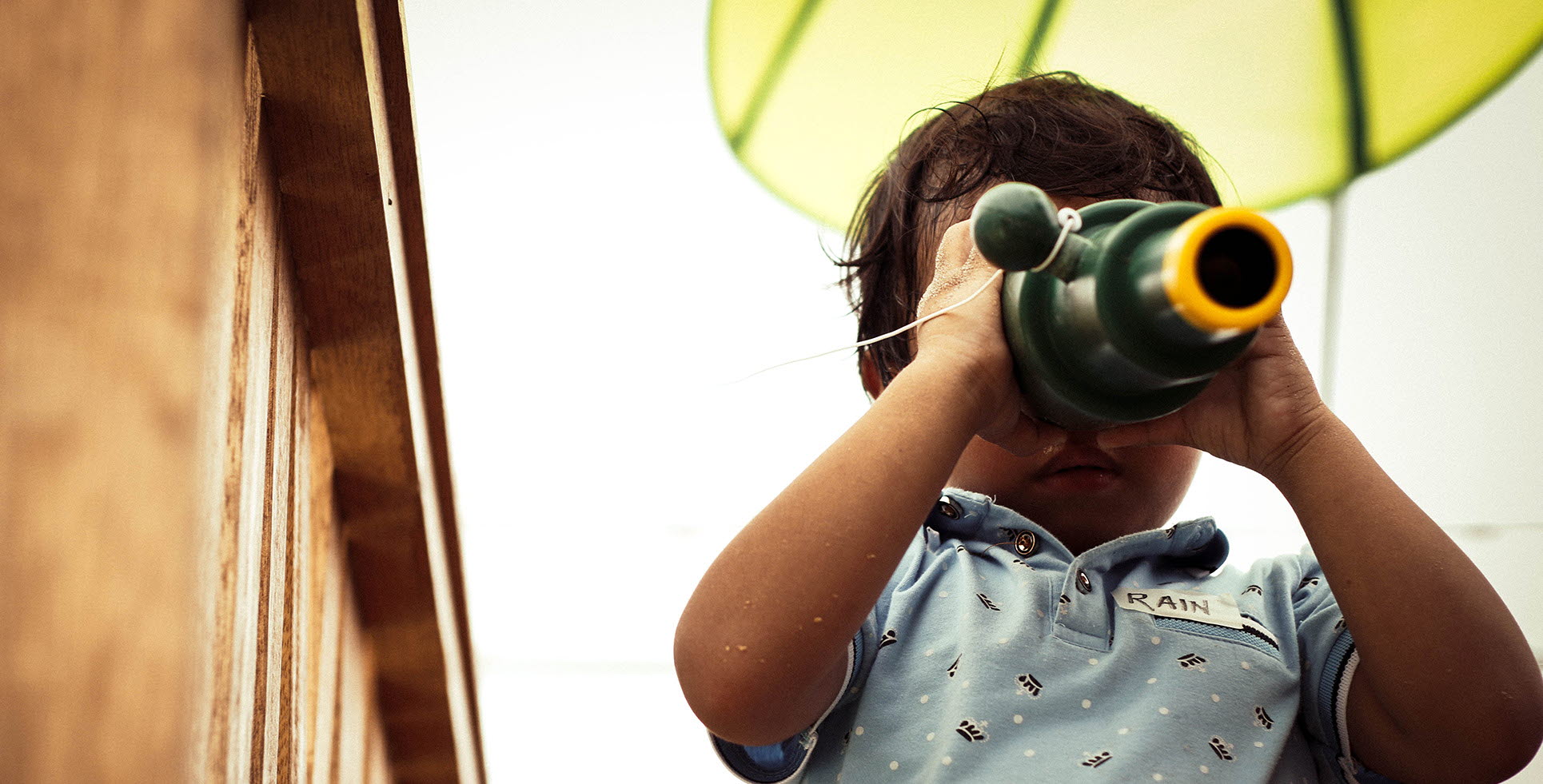Scientific publications
Stay nosy!
How curiosity boosts language learning in childhood
Author
Estefania Dominguez
Biometric and Eye Tracking Specialist, Tobii
As an eye tracking and integration specialist, I get to learn about the needs of scientific researchers regarding eye tracking methodology and multimodal research. My motivation is to help scientific researchers who want to combine eye tracking with other electrophysiological sensors by enabling the best setup for their research.
Related content
Language acquisition: A dance between the child and its environment
Prof. Dr. Nivedita Mani sheds light on the complex mechanisms behind language acquisition and how eye tracking empowers research in her baby lab.
Understanding how children learn language
New York University’s Learn Lab uses eye tracking to study the learning mechanisms underlying language acquisition in children who are typically developing as well as children on the autism spectrum.
A study on reading acquisition and eye movements
Using eye tracking to investigate children with and without reading disorder during reading acquisition. In the talk, a longitudinal study on reading acquisition and eye movements will be presented.
